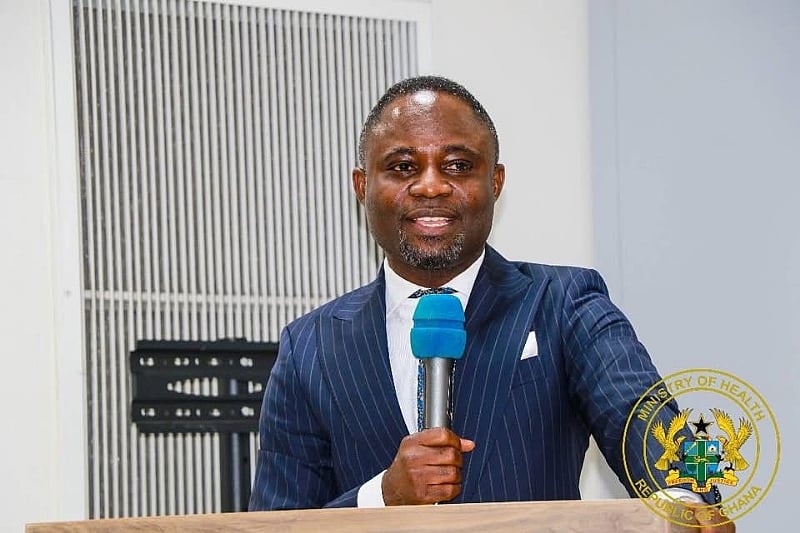The Ghanaian government finds itself in a complex negotiation with the Ghana Registered Nurses and Midwives Association (GRNMA) over the implementation of the 2024 Collective Agreement. This agreement, designed to improve the conditions of service for nurses and midwives, has become a point of contention due to its potential impact on the national economy. While the government acknowledges the validity of the agreement and the importance of fairly compensating these essential healthcare workers, its implementation presents significant fiscal challenges, as the provisions were not factored into the 2025 budget. The resulting standoff has led to a nationwide strike by the GRNMA, further straining the healthcare system and amplifying the urgency of finding a resolution.
The crux of the disagreement lies in the financial implications of the 2024 Collective Agreement. The agreement includes provisions for a 13th-month salary, fuel and medical allowances, rural incentives, and support for professional license renewals. These benefits, while justifiable in recognizing the crucial role nurses and midwives play in the healthcare sector, represent a substantial financial commitment that the government contends could destabilize the national economy if implemented without careful planning and adjustments. The government’s position emphasizes the need for a phased and fiscally responsible approach to implementation, considering the current economic climate and budgetary constraints.
In response to the escalating situation and the disruption caused by the GRNMA’s strike, the government has taken steps to address the impasse. Health Minister Kwabena Mintah Akandoh has publicly reaffirmed the government’s commitment to engaging with the GRNMA and finding a mutually agreeable solution. He highlighted the government’s directive to the Minister of Finance and the Fair Wages and Salaries Commission to urgently develop a clear implementation roadmap for the 2024 Collective Agreement. This roadmap is intended to outline a realistic and sustainable plan that addresses the GRNMA’s concerns while ensuring fiscal stability.
The GRNMA, on the other hand, maintains its stance on the full and immediate implementation of the agreed-upon terms. Their strike action reflects their frustration with the delayed implementation and underscores the importance they place on the agreed-upon benefits. The union’s demands include not only the payment of outstanding allowances and improved working conditions but also the resolution of issues related to delayed staff postings. This multifaceted approach highlights the GRNMA’s commitment to addressing systemic challenges within the healthcare sector, aiming to improve both compensation and overall working conditions for its members.
The ongoing negotiations represent a delicate balancing act between the government’s fiscal responsibilities and the legitimate demands of essential healthcare workers. The government must carefully consider the potential consequences of prolonged industrial action and the impact on healthcare delivery, while also ensuring responsible management of public funds. The GRNMA, in turn, must weigh the benefits of continued strike action against the potential for a negotiated settlement that provides a realistic path towards achieving their goals.
Finding a sustainable solution requires open communication, compromise, and a commitment from both sides to work together. The development of a clear implementation roadmap, as directed by the government, represents a crucial step in this process. This roadmap should outline a timeline, funding mechanisms, and specific steps for implementing the various provisions of the 2024 Collective Agreement. Successful resolution of this dispute will not only address the immediate concerns of nurses and midwives but also contribute to a stronger and more stable healthcare system for all Ghanaians. The ability of both parties to engage in constructive dialogue and find common ground will ultimately determine the future of healthcare in Ghana.


